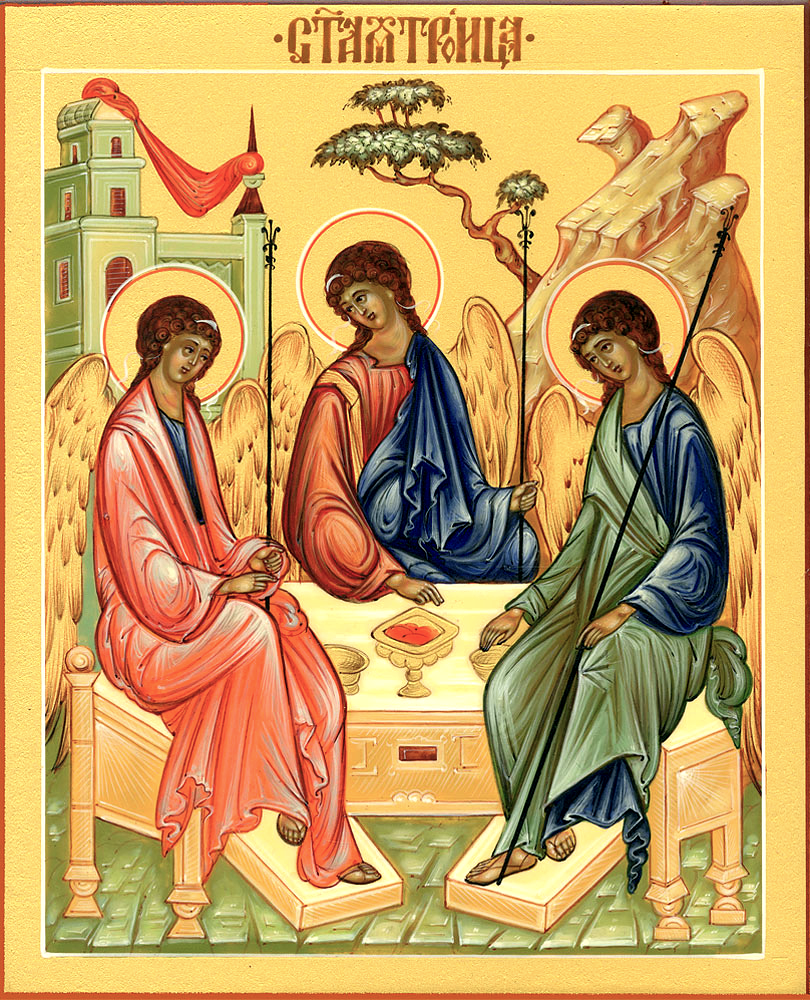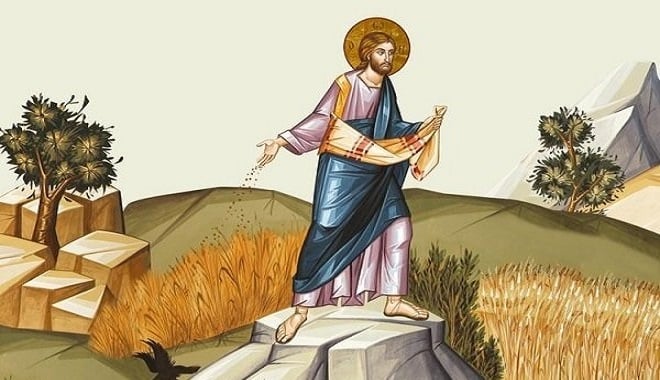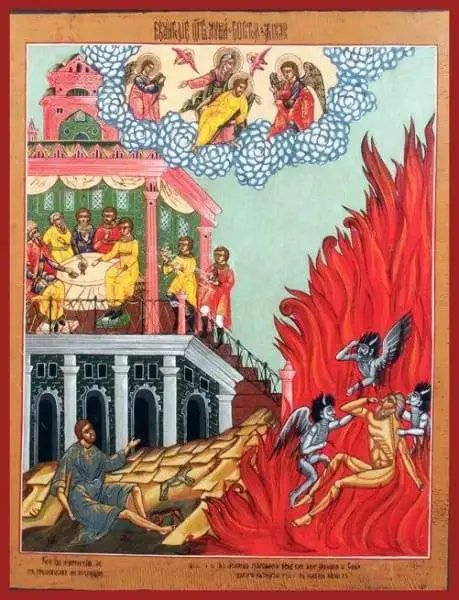
In the name of the ✠ Father, and of the ✠ Son, and of the ✠ Holy Spirit. Amen.
Friends in Christ,
Today we celebrate the Feast of Pentecost, the moment when the disciples, gathered in fear behind locked doors, were suddenly filled with the Holy Spirit and began to speak in tongues of fire. But this was not spectacle for its own sake. This was not religious theatre designed to impress. This was the moment when the Church was born, when the mission of Christ was handed to human hearts, and when the promise made at the Ascension was fulfilled. The Spirit had come not to dazzle, but to dwell.
The Feast of Pentecost is not about miraculous phenomena that we admire from a distance. It is about the ordinary becoming extraordinary through divine presence. It is about stammering fishermen becoming eloquent apostles, about cowards becoming martyrs, about the scattered becoming the Church. It reveals that the Spirit does not merely visit us. He inhabits us.
To understand what this transformation felt like for the disciples, consider this.
There was a young woman in a refugee settlement outside Damascus. She had fled her village with nothing but her children and the clothes on her back. For months, she sat in silence, traumatised by what she had witnessed, unable to speak of her losses, unable even to comfort her own weeping children.
One day, an elderly priest came to the camp. He did not preach. He did not offer easy consolations. He simply sat beside her. After many visits, he asked quietly, “What do you need to say?”
For the first time in months, she began to speak. Not just words, but her story. Her grief. Her hopes. Her prayers. As she spoke, other women gathered. They recognised their own pain in her voice. Soon, she found herself not only speaking but listening, comforting, organising. The woman who had lost her voice became the voice for her community.
Years later, she would say, “I do not know when it happened, but somewhere between my silence and my speaking, God gave me words I did not know I had.”
So, it was with the disciples. They had been hiding, paralysed by fear and doubt. They knew the Lord had risen, but they did not yet know what that meant for them. Then came the sound like wind, the tongues like fire, and suddenly they were not the same people. They spoke not just in different languages, but with different hearts. The Spirit had not merely given them words. He had given them courage, wisdom, and love beyond their own capacity.
In our time of fractured communication, when social media divides us into hostile tribes, when political rhetoric breeds suspicion rather than understanding, Pentecost reminds us of what true speech looks like. The disciples did not speak to convince or conquer. They spoke so that each person could hear the Gospel in their own tongue, in their own heart. As St Cyril of Jerusalem taught, the Spirit descended not to confuse, but to unite. Where Babel scattered humanity through pride, Pentecost gathers it through love.
When we see refugees speaking languages we do not understand, when we encounter immigrants, whose accents make us impatient, when we dismiss the elderly because their words seem slow or the young because their expressions seem foreign, this feast calls us to listen differently. Every human voice carries something of the divine breath. Every language can become a vessel for the Spirit. Pentecost does not abolish diversity. It sanctifies it.
But the Spirit came not only to enable speech. He came to enable life. St Basil the Great called Him the “Giver of Life,” and this is not merely theological poetry. In a world where depression and despair claim so many lives, where suicide rates climb and hope seems scarce, Pentecost proclaims that the Spirit still breathes life into death. He does not promise easy answers or quick fixes, but He promises presence. Real presence. Transforming presence.
The Church today often seems tired, divided, sometimes even lifeless. In many places, attendance dwindles. Young people leave. Scandals wound the Body of Christ. Some wonder if the age of the Spirit has passed, if we are living in spiritual drought. But Pentecost tells a different story. The Spirit does not abandon the Church when it struggles. He renews it. As St John Chrysostom reminded us, the Spirit works not through our strength but through our weakness, not despite our failures but through our repentance.
The same Spirit who turned frightened disciples into fearless apostles can still turn our parishes from places of routine into centres of transformation. But this requires more than programmes or strategies. It requires openness. The disciples were not filled with the Spirit because they were perfect. They were filled because they waited, prayed, and remained together despite their differences.
And what of our stewardship of creation? As climate change accelerates and environmental destruction spreads, some retreat into fatalism or denial. Others place their hope entirely in human technology and political solutions. Pentecost offers a third way. The Spirit who hovered over the waters at creation still moves in our world. He calls us not to despair or complacency, but to cooperation with divine grace. We are called to be His hands in healing the earth, His voice in advocating for the vulnerable, His presence in caring for creation.
When we see forests burning and species disappearing, when we witness the poorest suffering most from environmental collapse, the Spirit does not merely comfort us. He empowers us. He transforms our guilt into action, our fear into hope, our isolation into community. This is not activism without prayer or prayer without action. It is the Spirit working through human cooperation with divine will.
This feast also reminds us what true authority looks like. We live in an age of authoritarianism, where leaders demand blind obedience and critics are silenced. Some religious voices align themselves with earthly power, baptising political agendas with sacred language. But Pentecost reveals a different kind of authority. The apostles were given power not to dominate but to serve, not to silence but to speak truth, not to accumulate wealth but to share what they had received.
When Peter stood up to address the crowd, he did not speak as one entitled to be heard. He spoke as one compelled by love. The authority of the Spirit is not the authority of the sword or the sceptre. It is the authority of truth spoken in love, of service offered without expectation, of sacrifice made without resentment.
The crowd who heard the apostles that day asked, “What shall we do?” This is still the question that Pentecost provokes. Not “What should others do?” but “What shall we do?” The Spirit does not come to make us spectators of holiness but participants in it. He does not come to entertain us with religious experiences but to transform us into living icons of Christ.
In our age of virtual reality and artificial intelligence, when human connection often feels mediated and distant, Pentecost insists on the irreplaceable reality of spiritual presence. The Spirit cannot be programmed. Grace cannot be downloaded. The gifts of the Spirit tongues, prophecy, healing, wisdom are not digital experiences but embodied realities. They require not better technology but deeper prayer, not more efficient systems but more faithful community.
The Church in the twenty first century must learn again what the first century Church knew: that the Spirit works through real people in real places doing ordinary things with extraordinary love. He works through the nurse who stays late with a dying patient, through the teacher who sees potential in the struggling student, through the parent who forgives the rebellious child, through the neighbour who brings meals to the lonely.
So let us not stand gazing into the past, longing for the dramatic signs of that first Pentecost. Let us recognise that the same Spirit who filled the upper room desires to fill our hearts, our homes, our parishes, our world. He comes not with the sound of rushing wind but in the whisper of conscience. Not with tongues of fire but with words of compassion. Not with miraculous signs but with faithful service.
The Spirit has been poured out. The mission continues. The Church lives.
To Him who sends forth the Spirit of truth to dwell in our hearts be glory and honour, now and forever and unto the ages of ages. Amen. ✠
Copyright © 2025 The Rev. Adrian Augustus. The Russian Orthodox Church of the Archangel Michael, Blacktown, NSW


